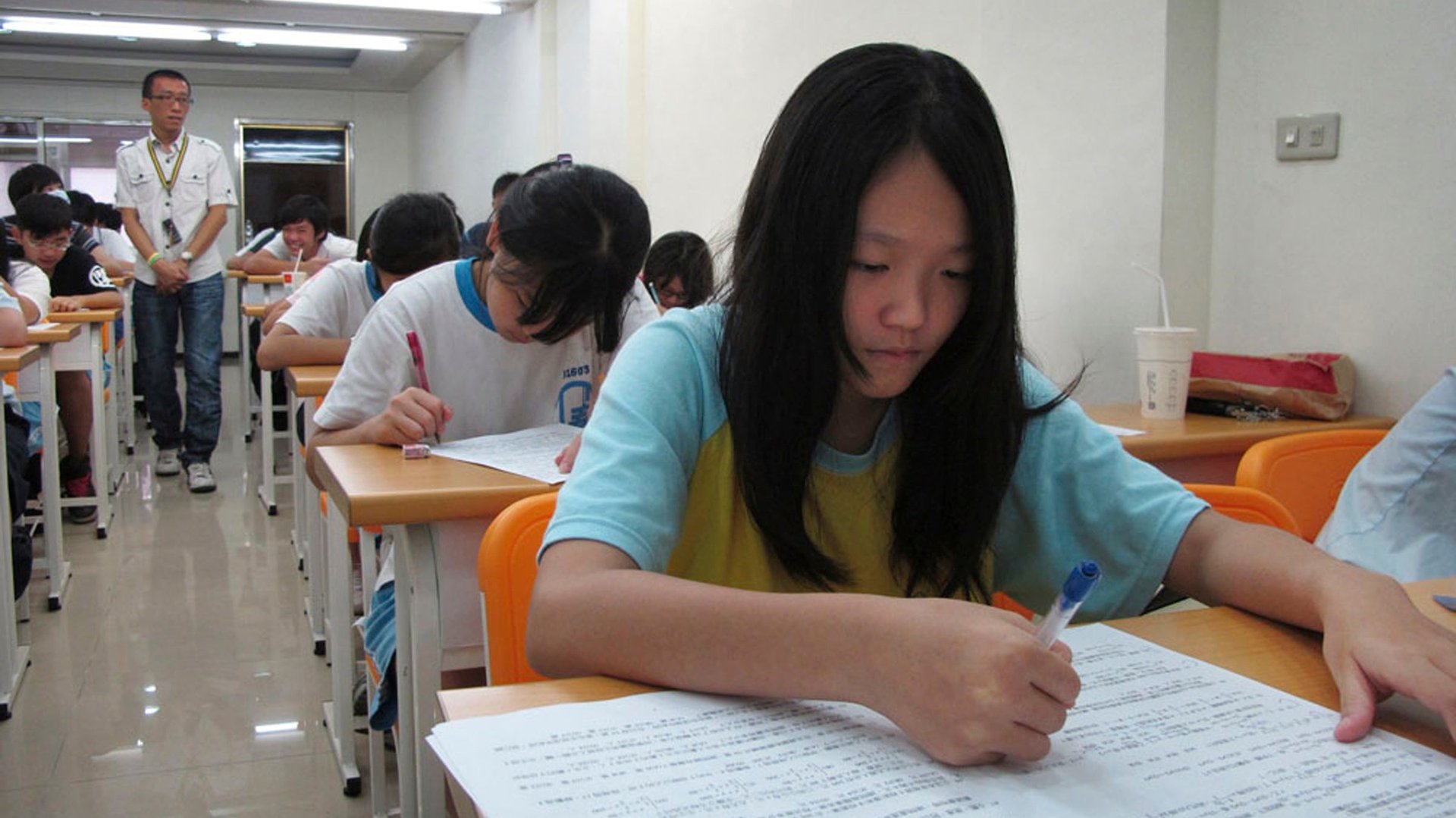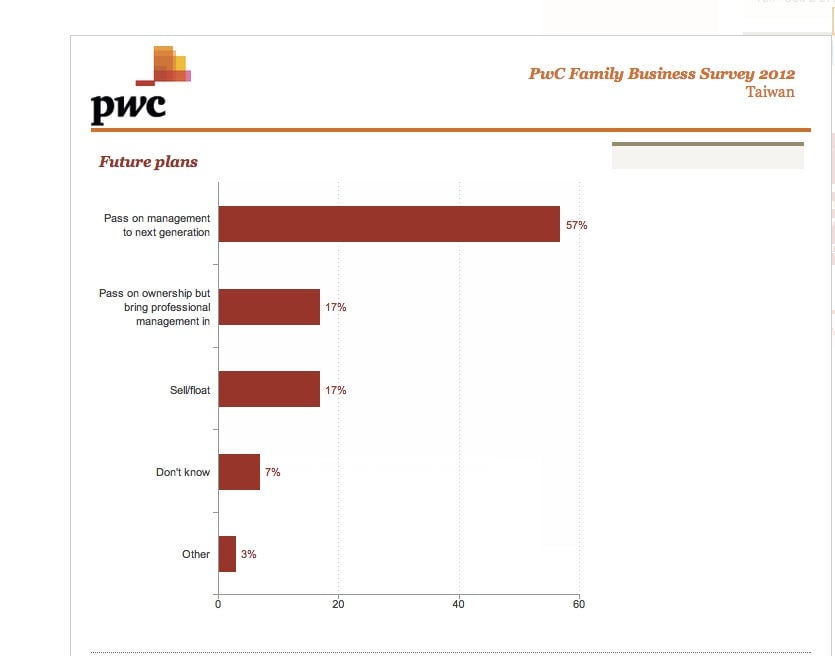Taiwan’s family-run PC makers are the one tech sector there’s no point investing in
They call them hei shou (黑手), meaning “black hands”. They are founders of Taiwan’s high-tech manufacturers, approaching retirement age now but refusing to quit working punishing 14-hour days in their factories and steadfast they will never sell the business.


They call them hei shou (黑手), meaning “black hands”. They are founders of Taiwan’s high-tech manufacturers, approaching retirement age now but refusing to quit working punishing 14-hour days in their factories and steadfast they will never sell the business.
Unlike the stereotypical Silicon Valley startup addict, with one eye always on the next financial exit, Taiwan’s hei shou often dress modestly in tracksuit bottoms and plastic slippers, are happy eating $1 noodles from a street stall and spend their spare time at the local Buddhist temple. Wedded to their factories, they know little of life outside them and are not sure what else to do with their time.
Taiwan’s PC industry is full of hei shou. As the Wall Street Journal reports, the contract PC makers in the self governed, democratic Chinese island are suffering falling margins as laptop computers get cheaper. They “should consolidate, but likely won’t—CEOs are founders, they don’t want to sell,” Nikil Eapen, Citigroup’s head of telecommunications, media and technology for Asia Pacific tells the newspaper.
This frustrates private equity investors no end. (It also annoys Taiwan-based investment bankers who would like to get their hands on advisory fees.) There are great opportunities for financial engineers to buy up a few PC manufacturers, shunt them together and slash costs by, for example, persuading suppliers to cut prices in return for bigger orders.
But business owners rarely want to sell. This survey, from PwC, showed that the vast majority of company founders planned to hand their businesses to their children while very few were attracted by the easy money of a sale or IPO.

And the family firms dominate the island’s economy. According to this report (pdf, p.10), also from PwC, they are responsible for a staggering 49% of exports. This dominance of family-run companies is only beaten by Hong Kong and Singapore, both also majority-Chinese societies.
The hei shou culture comes from Taiwan’s intense work ethic, which enabled it to transform rapidly from an agrarian society into a high-tech export powerhouse in the decades following the second world war. Taiwanese parents are so ambitious for their children that elementary school kids regularly attend private cram schools long into the evenings.
This lifestyle leaves little time for leisure or travel. Many Taiwanese business owners may not be able to imagine what a comfortable retirement entails. So they are reluctant to loosen their grips on their companies.
Zuzana Folprechtova, executive director of Taiwan-based components trading company Cliff Rose, says the bosses of Taiwanese manufacturers she does business with are “workaholics who know little else apart from their factories.”
“Their houses are often massive, but filled with expensive impulse buys such as huge blocks of coral or jade, which do not really match the furniture,” she says. “They haven’t taken the time to travel the world and visit art galleries. They may not know what to do with themselves if they retired. Probably they would stay home and worry how the factory is doing.”